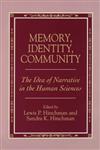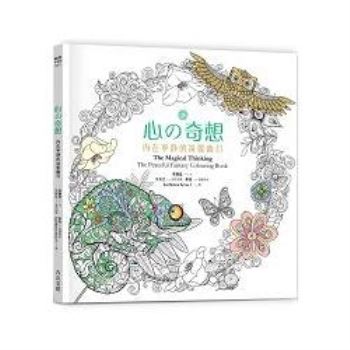This multidisciplinary volume documents the resurrection of the importance of narrative to the study of individuals and groups and argues that narrative may become a lingua franca of future debates in the human sciences.
| FindBook |
有 1 項符合
Memory, Identity, Community: The Idea of Narrative in the Human Sciences的圖書 |
 |
Memory, Identity, Community : The Idea of Narrative in the Human Sciences 作者:Lewis P. Hinchman 出版社:N/A 出版日期:1997-04-17 語言:原文書 |
| 圖書選購 |
| 型式 | 價格 | 供應商 | 所屬目錄 | 二手書 |
$ 510 |
二手中文書 |
|---|
| 圖書館借閱 |
| 國家圖書館 | 全國圖書書目資訊網 | 國立公共資訊圖書館 | 電子書服務平台 | MetaCat 跨館整合查詢 |
| 臺北市立圖書館 | 新北市立圖書館 | 基隆市公共圖書館 | 桃園市立圖書館 | 新竹縣公共圖書館 |
| 苗栗縣立圖書館 | 臺中市立圖書館 | 彰化縣公共圖書館 | 南投縣文化局 | 雲林縣公共圖書館 |
| 嘉義縣圖書館 | 臺南市立圖書館 | 高雄市立圖書館 | 屏東縣公共圖書館 | 宜蘭縣公共圖書館 |
| 花蓮縣文化局 | 臺東縣文化處 |
|
|
圖書介紹 - 資料來源:博客來 評分:
圖書名稱:Memory, Identity, Community: The Idea of Narrative in the Human Sciences
內容簡介
作者簡介
Lewis P. Hinchman is Professor of Government, Center for Liberal Studies, at Clarkson University. His previous books include Hegel’s Critique of the Enlightenment.
Sandra K. Hinchman is Professor of Government at St. Lawrence University. Her previous work includes Hiking the Southwest Canyon Country. The two are coeditors of Hannah Arendt: Critical Essays, also published by SUNY Press.
|










